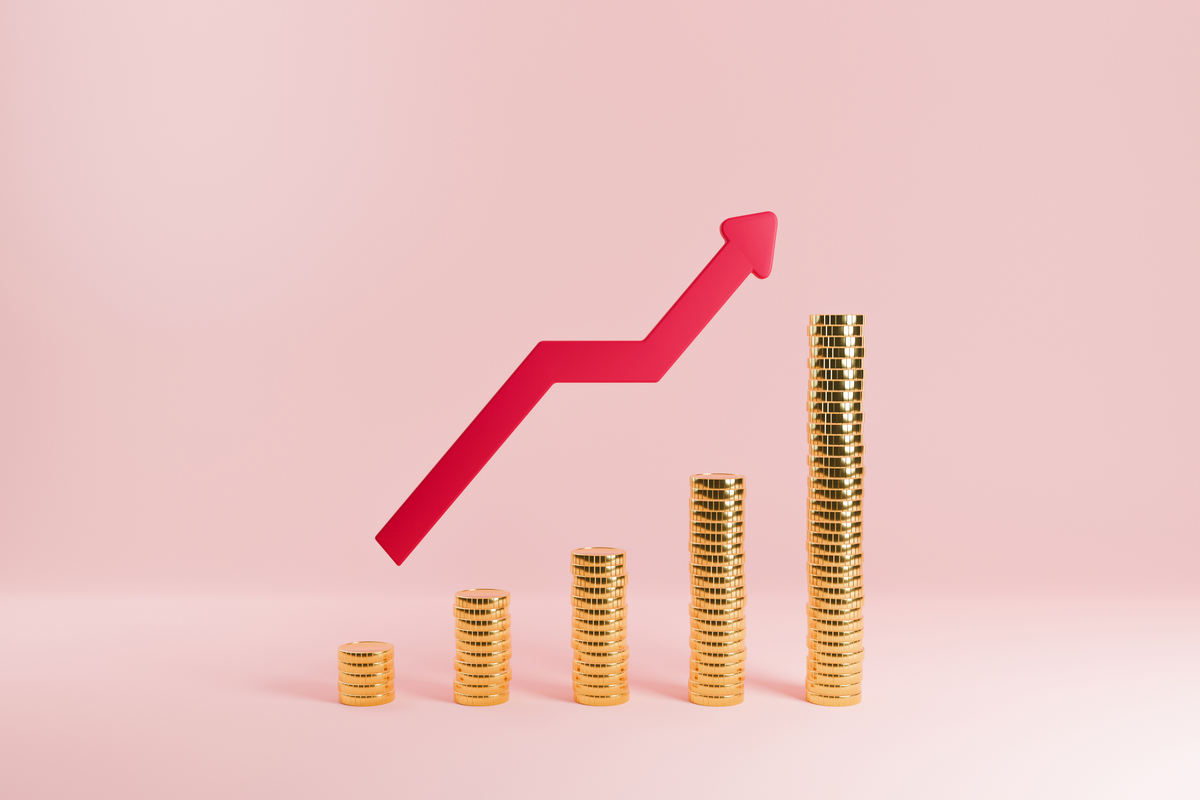Dear visitor,
You're reading 1 of your 3 free news articles this quarter
Register with us for free to get unlimited news, dedicated newsletters, and access to 5 exclusive Premium articles designed to help you stay in the know.
Join the UK's leading credit and lending community in less than 60 seconds.
Almost two thirds of firms expect to rise prices
The British Chambers of Commerce’s (BCC) latest quarterly survey found almost two-thirds of firms expect to raise prices over the next three months, the highest since the survey began in 1989.

Senior Journalist, covering the Credit Strategy and FSE News brands.
Consumers are therefore facing further pressure, with recent increases in gas, electricity and petrol prices, and a rise in National Insurance contributions, which takes effect from 6 April.
Plant, machinery and equipment investment continued to stagnate, the BCC’s survey of over 5,600 businesses found. Just over a quarter of firms (27 percent) reported an increase in investment spending, while 58 percent reported no change, and 15 percent a decline.
When asked what pressures are causing price hikes, 92 percent of manufacturers said raw materials, and 56 percent cited energy and transport costs among other overheads.
The cost of labour influenced one third of firms’ decision to rise prices, with wage increases and a higher level of employers’ national insurance rates in place.
Almost two thirds of firms (62 percent) expected to lift their prices in the next quarter, up from 58 percent in Q4 2021. Just one percent expected a decrease.
The statistics show that business investment sustained its historically low levels, and domestic sales had stagnated across most sectors.
“This metric remains largely unchanged since the second quarter of 2021,” the BCC said. This is despite a tax break taking effect from April 2021 that gives firms a deduction from their profits of 130% for each £1 of investment spending.
As the costs of imported raw materials and energy surged on international markets, Jonathan Reynolds, shadow business secretary, said the government is: “ramping up taxes and turning their back on energy intensive industries” during a period of increased inflationary pressure.
Inflation reached a 30-year high of 6.2 percent last month. Following chancellor Rishi Sunak’s spring statement, the Office for Budget Responsibility slashed its estimated GDP growth from six percent to 3.8 percent.
Suren Thiru, head of economics at BCC, said that: “High price pressures suggests that the current inflationary surge will escalate significantly in the coming months.
“The reversal of the hospitality VAT cut, the higher energy price cap and soaring energy and commodity prices amid Russia’s invasion of Ukraine, should lift inflation well above eight percent in the near term”.
He warned that many firms lacked the cash reserves to survive further shocks, making them vulnerable to a long war in Ukraine and more persistent price increases.
“The first quarter may be the high point for the UK economy with activity likely to stall in subsequent quarters as surging inflation, rising energy bills and higher taxes increasingly drags on activity”.
Stay up-to-date with the latest articles from the Credit Strategy team
Get the latest industry news






